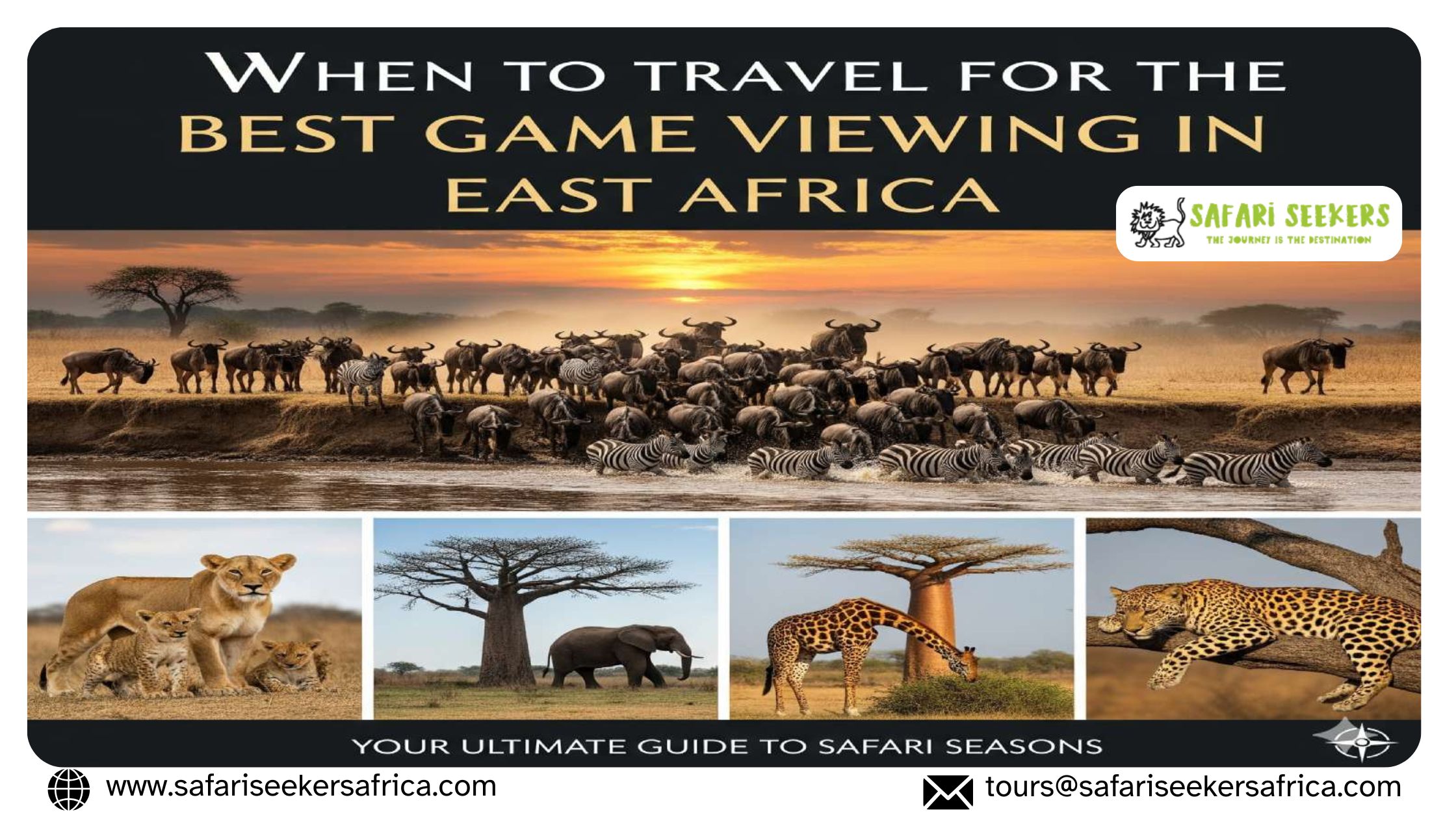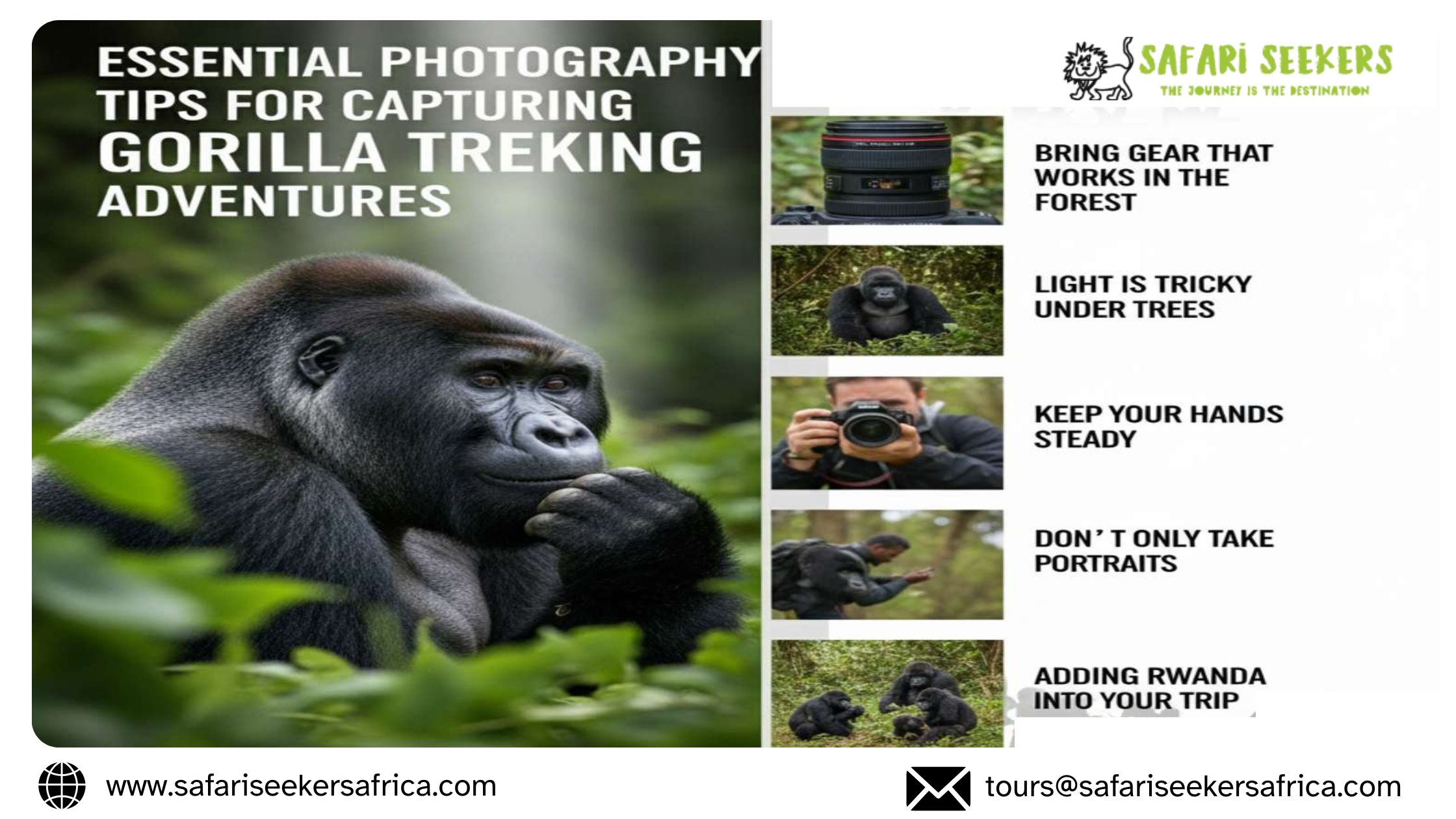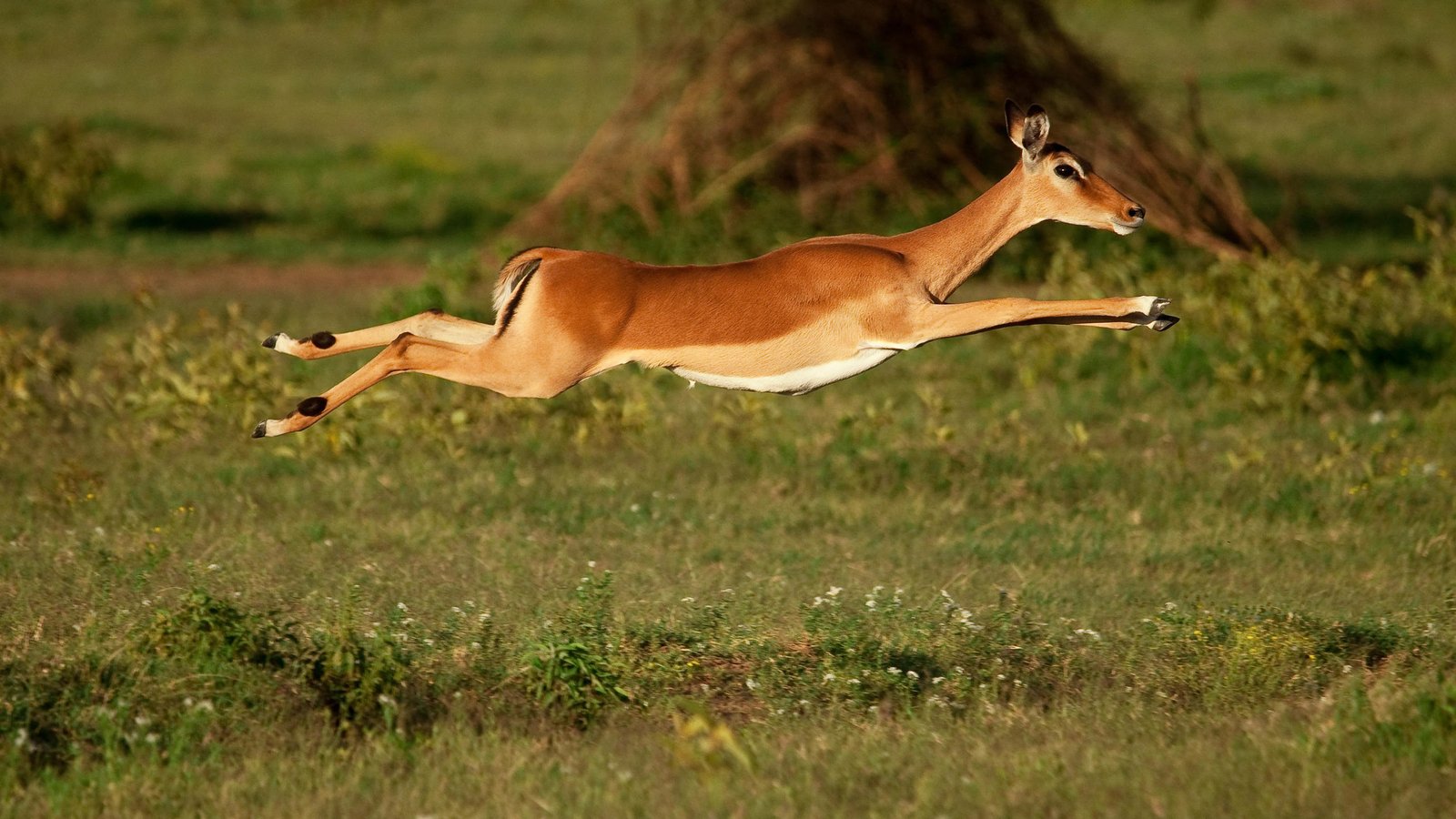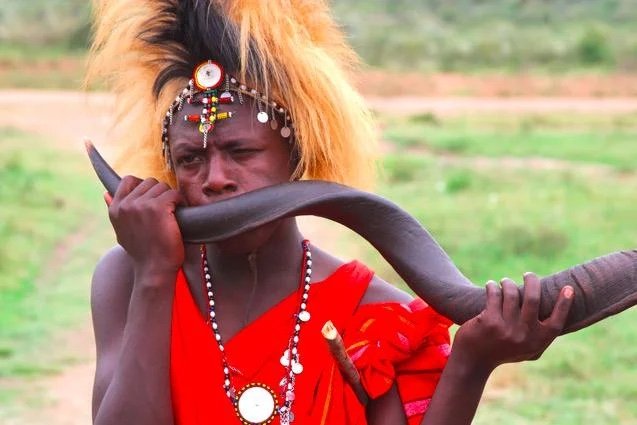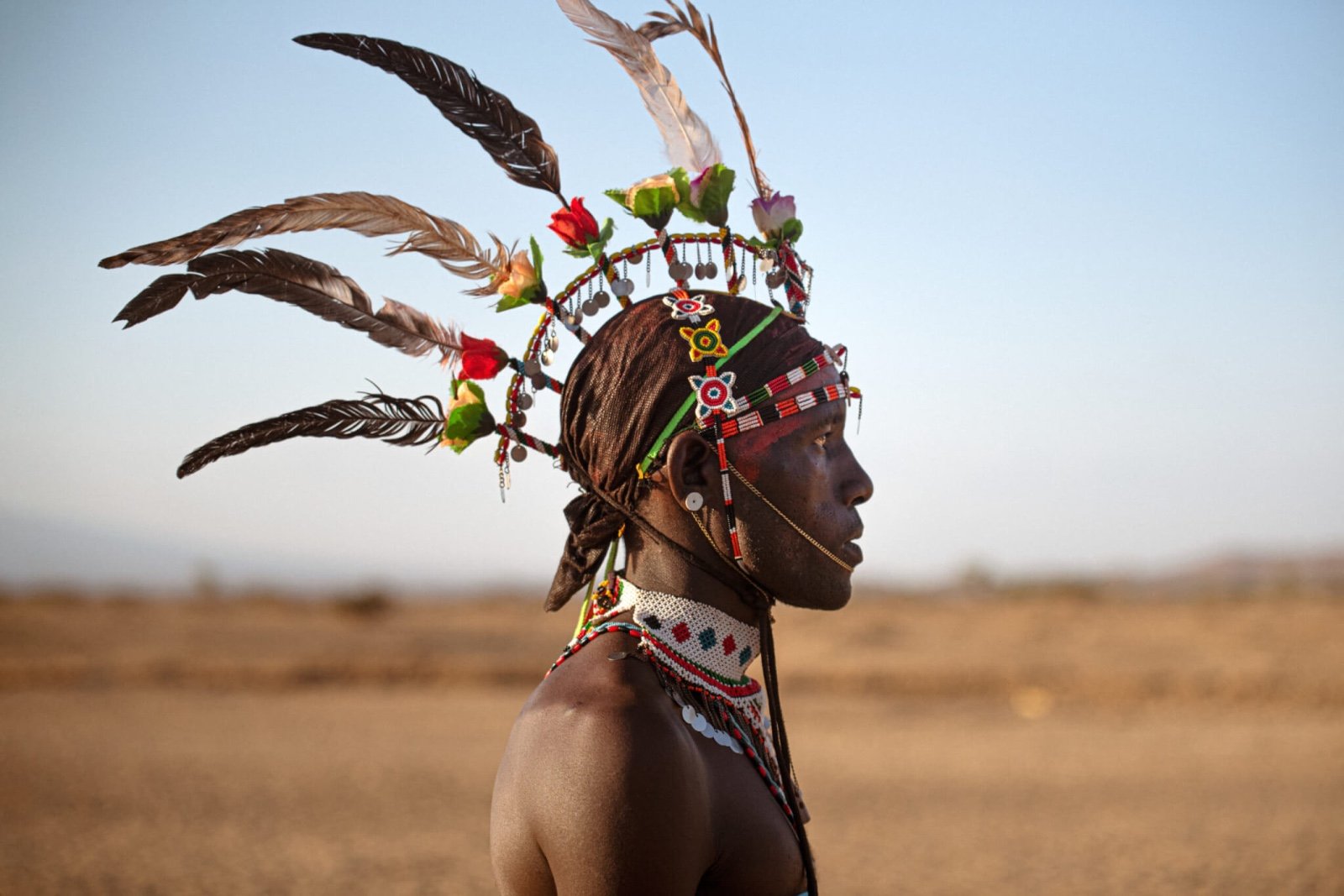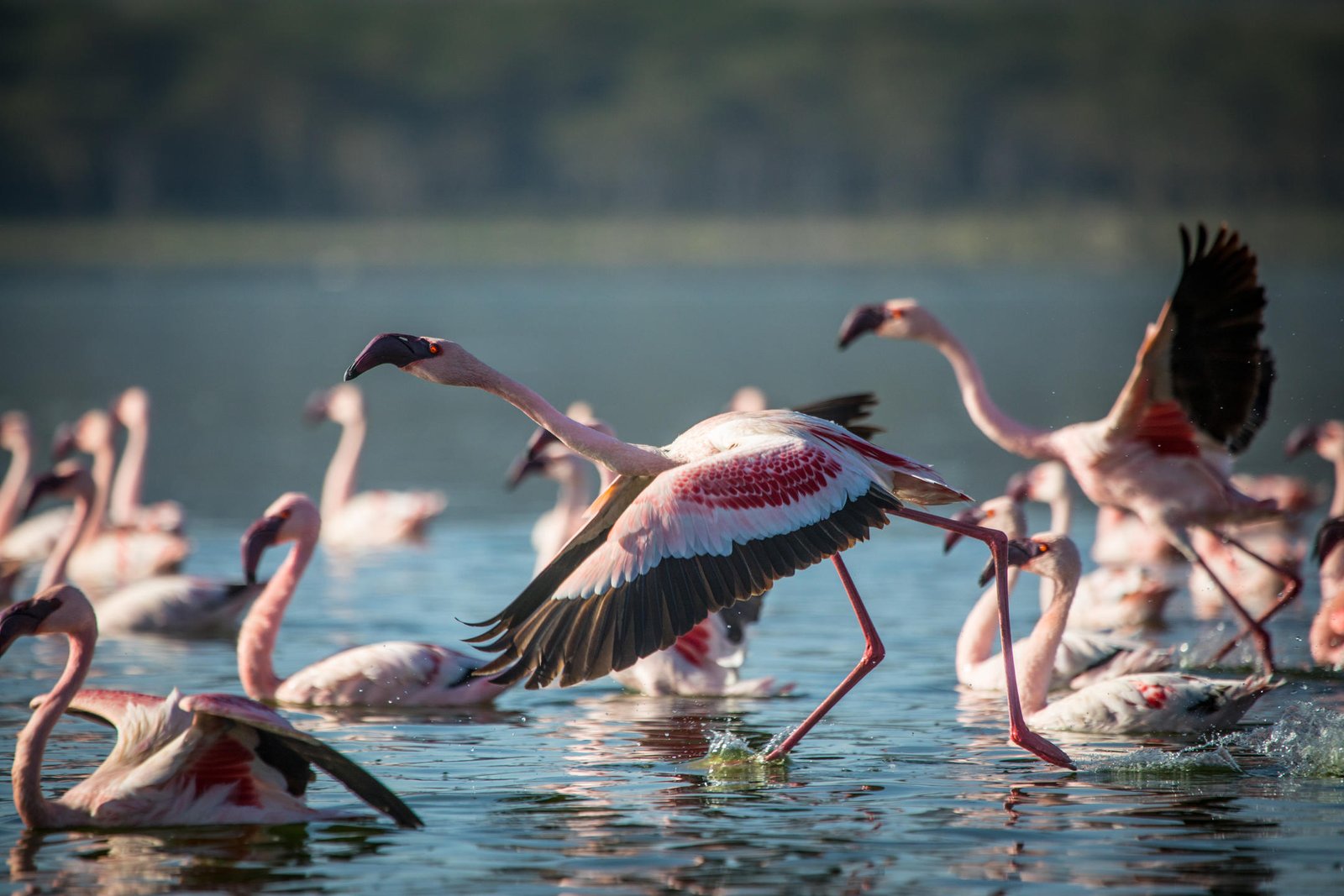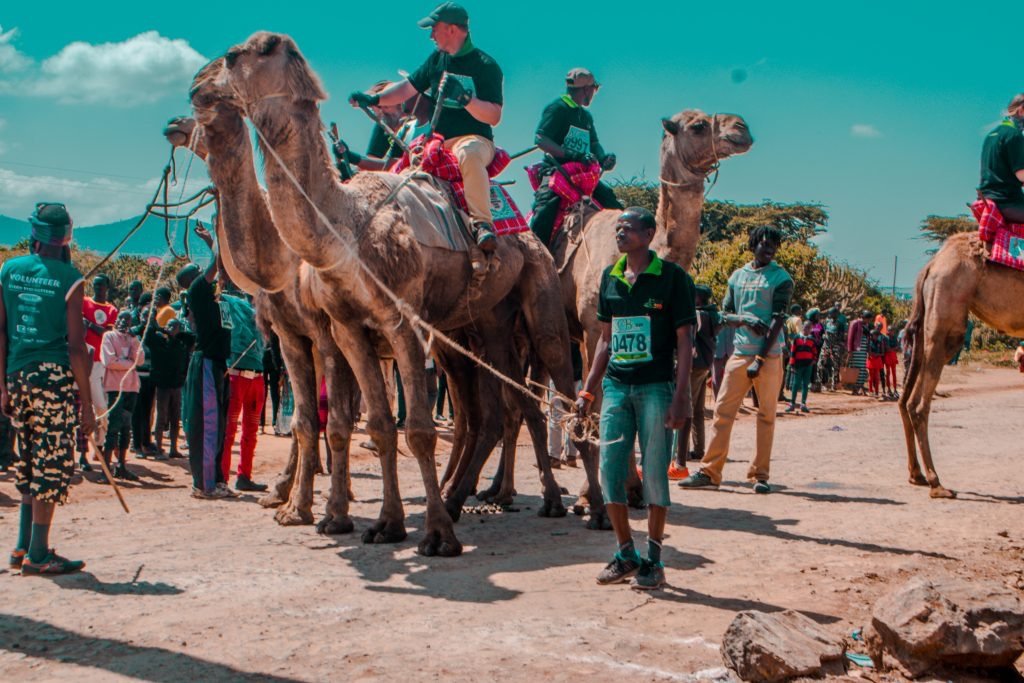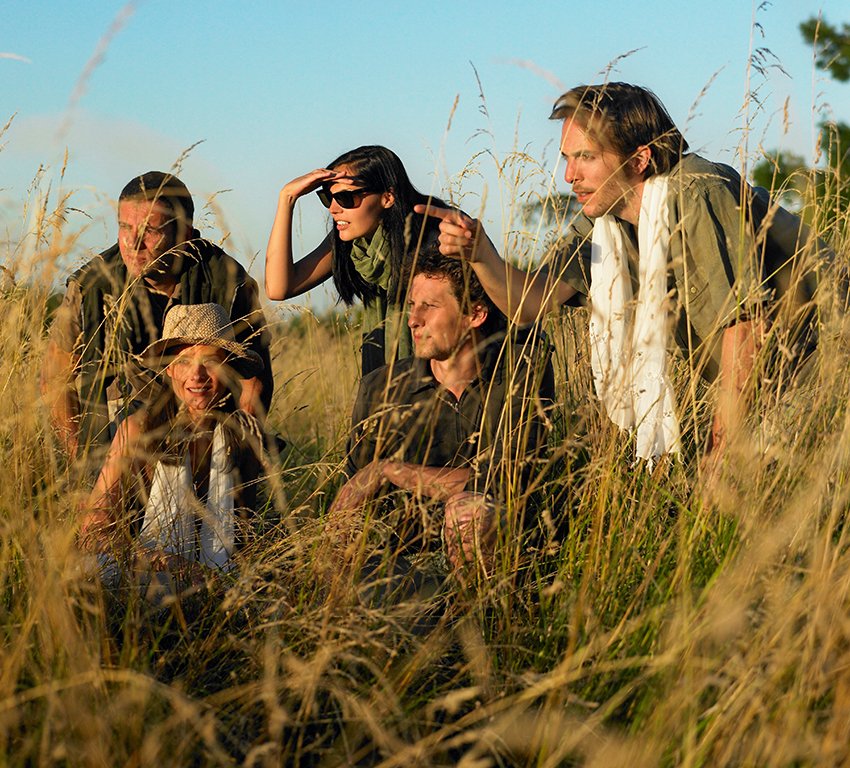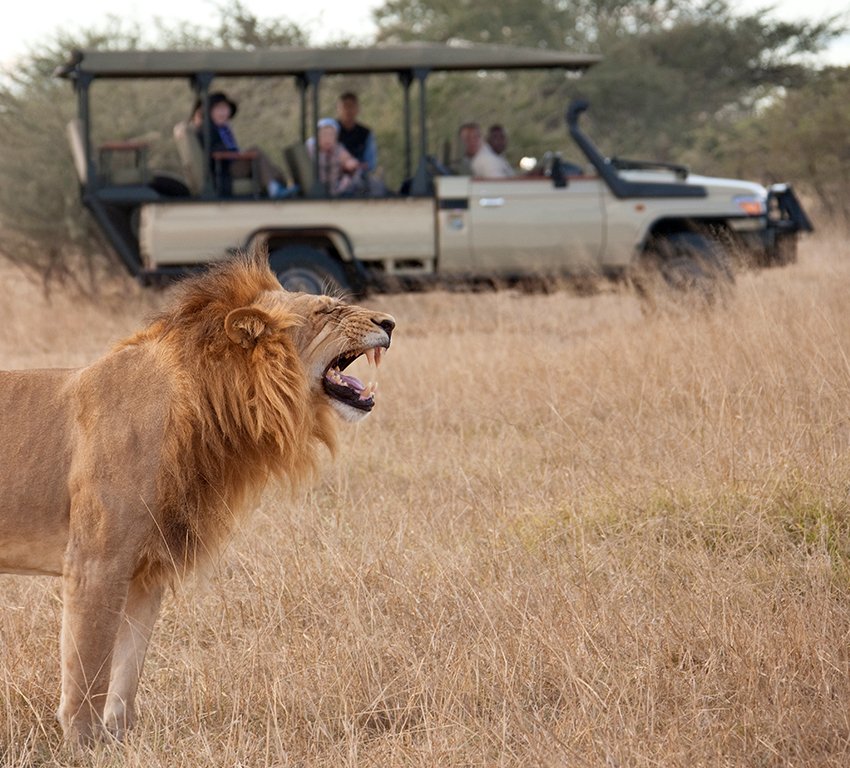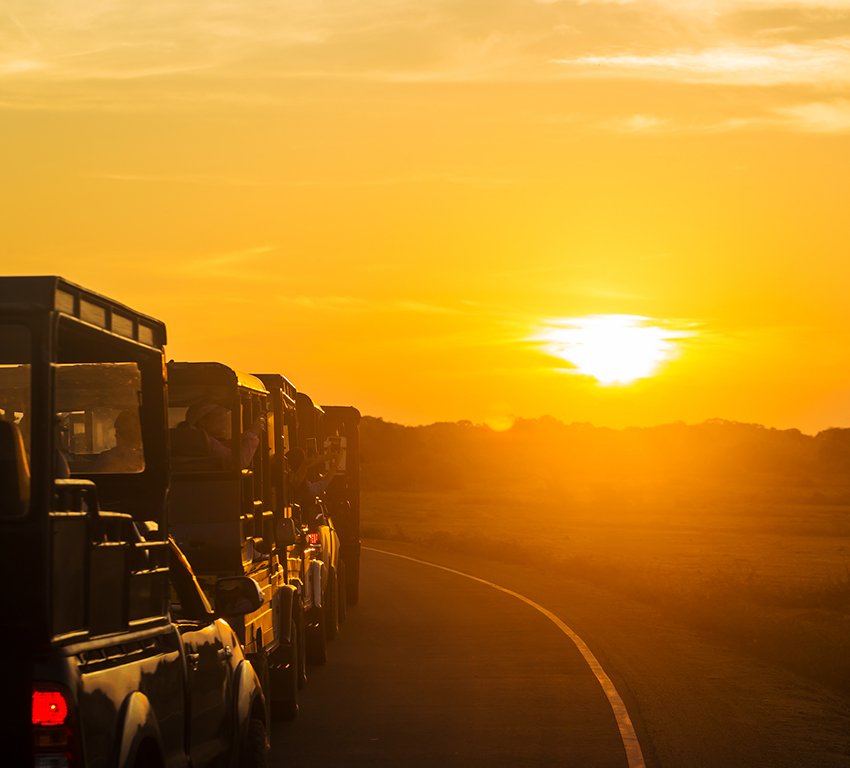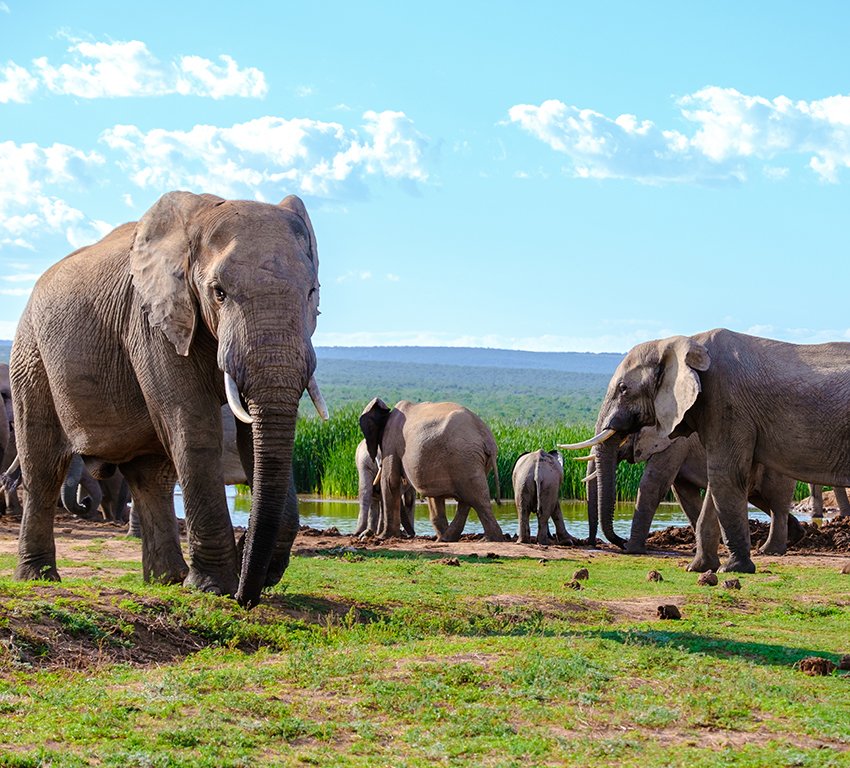The Vibrant Maasai: Exploring the Rich Traditions of East Africa’s Semi-Nomadic People
The Maasai people are a semi-nomadic ethnic group residing in Kenya and Tanzania. They are recognized for their distinct cultural traditions, pastoral lifestyle, vibrant attire, and enduring connection to their ancestral lands. Here are some key aspects of Maasai culture and traditions:
- Pastoral Lifestyle: Traditionally, the Maasai rely on livestock, primarily cattle, sheep, and goats, for their livelihood. Livestock represents wealth and status within the community. The Maasai are skilled herders and have deep knowledge of animal husbandry, allowing them to survive in arid and semi-arid regions.
- Age Sets: The Maasai organize themselves into age sets, which are groups of individuals born within the same time period. These age sets progress through different life stages together and participate in important rituals and ceremonies. Each age set has specific responsibilities and roles within the community, ensuring a sense of unity and continuity.

- Warrior Culture: The Maasai have a rich warrior culture that is deeply ingrained in their traditions. Young Maasai men undergo a rite of passage called “Emanyatta” to transition into adulthood. During this initiation ceremony, they are trained in warrior skills, such as hunting, combat, and bravery. Warriors play a crucial role in protecting the community and its livestock from external threats, including predators.
- Adornment and Attire: Maasai people are famous for their vibrant clothing and adornments. Women typically wear bright-colored, layered skirts called “shukas” and decorative beaded jewelry. The elaborate beadwork, worn by both men and women, holds cultural significance, communicating various aspects of Maasai identity, social status, and age.
- Traditional Dances: Music and dance are integral to Maasai cultural expression. The Maasai perform energetic dances, such as the “Adumu,” or “jumping dance,” which involves young warriors leaping high into the air while maintaining a straight posture. These dances are accompanied by rhythmic chanting and the sounds of bells, rattles, and traditional musical instruments.

- Manyatta (Village): Maasai communities typically live in settlements called manyattas. Manyattas are composed of a collection of small huts constructed from branches, mud, and cow dung. Each manyatta belongs to a specific family or group of related individuals. The Maasai have a strong communal bond, supporting one another within their extended families and larger clan structures.
- Traditional Medicine and Cosmology: The Maasai have their own unique system of healing and believe in the power of traditional medicine. They have a deep understanding of plants and natural remedies for treating various ailments. Maasai spiritual beliefs revolve around a monotheistic faith, worshiping a single god named “Enkai,” with a strong connection to nature and the spiritual world.
The Maasai people’s cultural traditions continue to thrive and evolve in the face of modernization. Despite ongoing changes, they remain dedicated to preserving their rich heritage and maintaining their unique way of life. Visitors to Maasai communities have the opportunity to engage with the Maasai, learn about their traditions, and gain insights into their remarkable culture.



